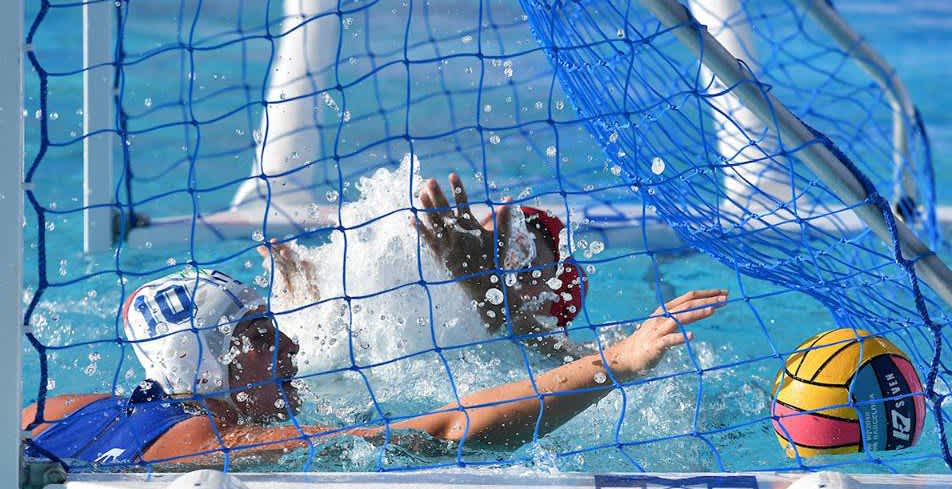World Aquatics, the governing body of water polo, has implemented a series of rule changes aimed at increasing the speed and appeal of matches. These new regulations, effective from November 9, 2024, seek to revolutionize the men’s game in particular.
Key Changes Implemented
- Reduction of Possession Time: The possession time for each team has been reduced from 30 to 25 seconds, which is expected to increase the number of attacks and, consequently, the number of goals in matches.
- Adjustment of Playing Field Dimensions: The length of the playing area for the men’s category has been reduced from 30.60 meters to 25.60 meters, matching the dimensions used in the women’s category.
- Modification of Exclusion and Secondary Possession Times: Both the secondary possession time and the exclusion period for a player have been decreased from 20 to 15 seconds, accelerating the pace of the game.
- Flexibility in Goalkeeper Position: Teams are now allowed to play without a designated goalkeeper, permitting any player to temporarily assume this role by wearing a red cap with their own number.
- Expansion of Video Assistant Referee (VAR) Usage: Coaches can now request VAR intervention once per match to review specific actions, such as possible penalties or violent conduct. If the review is favorable, they retain the option to request another intervention.

Implementation and Future Evaluations
Initially, these rules were to be tested during the World Cup between Serbia and Greece in January 2025. However, World Aquatics decided to implement them directly from November 9, 2024, without a prior testing period.
Reactions in the Water Polo Community
These modifications have generated diverse opinions among players, coaches, and fans. Some believe the changes will bring more dynamism and spectacle to the sport, while others express concern about adapting to the new rules and their impact on traditional game strategies.
Next Steps for World Aquatics
In addition to the regulatory changes, World Aquatics has opened a transition office in Budapest, Hungary, with plans to move its headquarters from Lausanne, Switzerland, to the Hungarian capital before the 2027 World Championships.
These initiatives reflect World Aquatics’ commitment to modernizing and revitalizing water polo, adapting it to the current demands of spectators and participants.